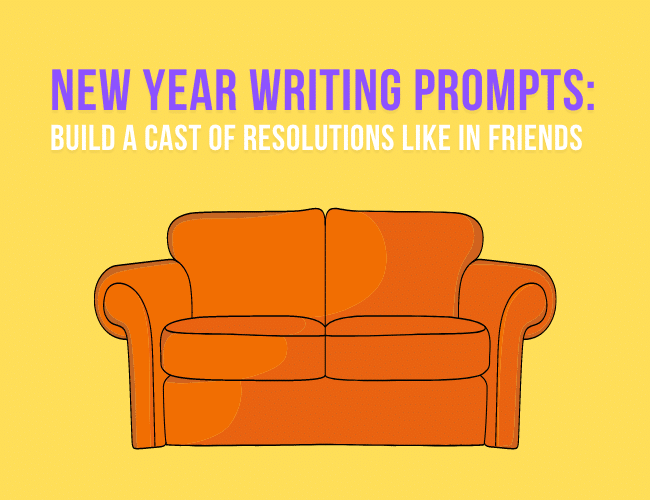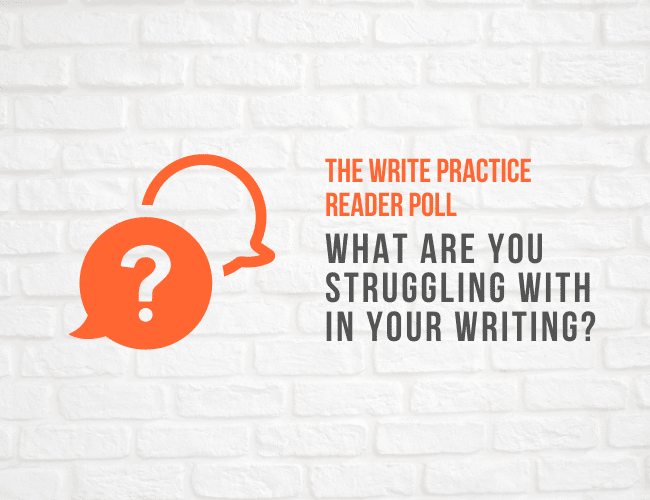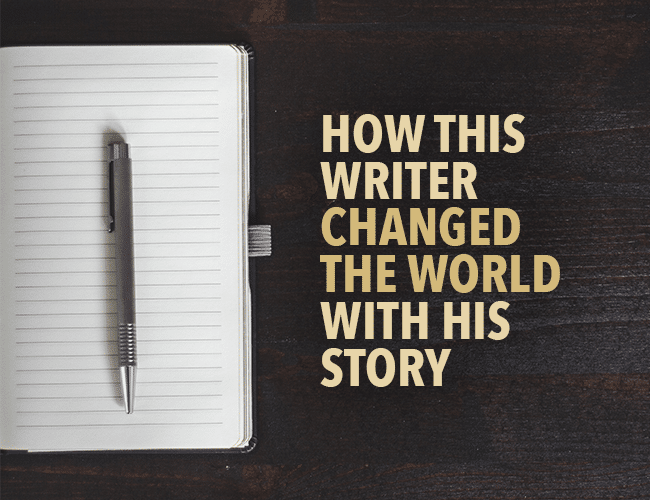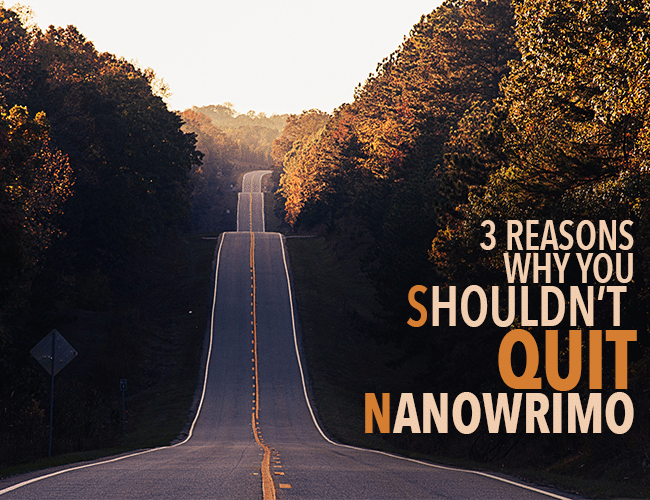
by Abigail Perry |
Have you ever seen the New Years Resolution episode from Friends? You know the one where Ross wears leather pants, Joey tries to learn how to play guitar, and Rachel tries to gossip less?
If you’re a Friends fan, I’d be shocked if you didn’t know the episode I’m talking about. Rolling Stone even suggested this episode really should be called “‘The One With Ross’ Leather Pants’ because no one else’s 1999 New Year’s resolution produces results as memorable — or disastrous.”
But even though Ross’s leather pants fiasco is what makes the episode, it’s not the only resolution that wins some laughs. Today, let’s focus on brainstorming some New Year writing prompts to kickstart your writing year with some humor.

by Joe Bunting |
Hey writers. Well, it’s been a weird, hard, interesting year, right? The good news is 2020 is almost over (thank goodness), and as we start looking ahead to 2021, I want to hear from you. What are you struggling with as far as your writing goes? How can The Write Practice help you?

by Joslyn Chase |
In college, I majored in communication, and the first thing I learned is that communication is a two-way street—it needs a sender and a receiver. As writers, we are senders, and our readers are receivers. But what are we communicating?
Stories, at their core, are a medium for communicating many things, but chief among them is emotion. That means one of the best ways to hook your reader is through emotion.
In this post, you will learn how to hook your reader with emotion, how people experience emotion through reading and three tips to cultivate that emotion through your writing. Then, we’ll end with a creative writing exercise you can use to apply these lessons right away.

by Alice Sudlow |
Every writer has a dream. It’s what compels you to write in the early hours of the morning, after everyone has gone to bed, in the spare minutes you steal away during the day. It’s what motivates you when you’re stuck in the middle of a story, wondering whether the grueling work of writing is truly worth it.
Is writing worth it? Yes.
Are your stories worth telling? Absolutely, yes.
And if you pursue your dreams and dare to write, can your writing change the world? Definitely.

by David Safford |
Writing a novel in a month is a wonderful idea. But it’s hard for a multitude of reasons, and the temptation to give up and just “do it over time” can be really appealing, especially as we approach Day 8 of the journey.
I know it’s hard. But quitting, or choosing to simply abstain, is the worst thing you can do right now if you have a passion for writing.




